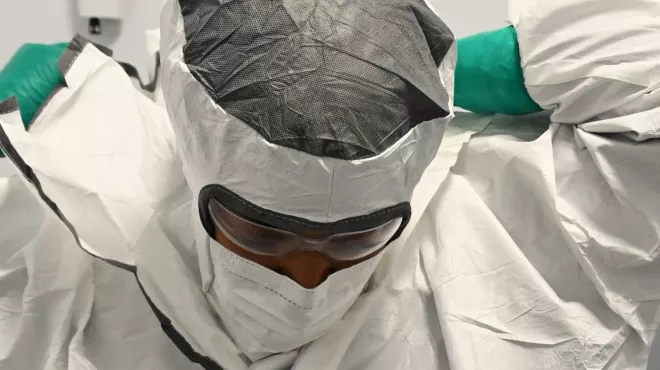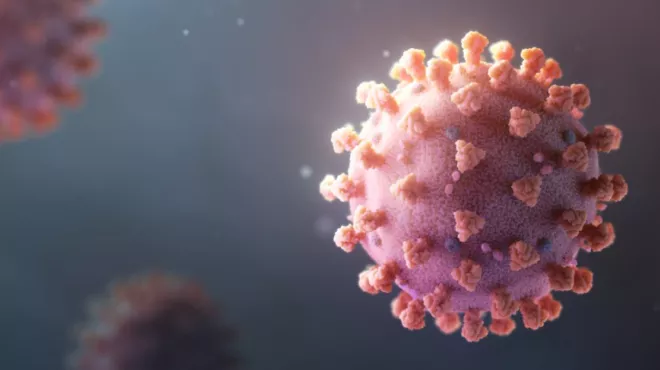It's a huge challenge in drug research and development-- creating an atmosphere where your team can make intelligent decisions about when to halt a research project, without discouraging them from taking educated risks.
Shuttering projects too soon could come at the expense of achieving a breakthrough. But companies today also have to be efficient and make wise decisions. If you let a project go on too long without results, you’re wasting time, resources and expertise that could be put to better use elsewhere.
Pulling the plug on a project can be painful for everyone involved. (We’ve all been there.) But if you do it right, you can limit the pain and possibly even turn it into a positive learning experience that can lead to success down the road.
Here are 5 things to consider when deciding if it’s time to say enough is enough.
1. Set decision checkpoints before the project begins
Everyone should agree on certain checkpoints. Is there a certain “go/no go” experiment that, if it doesn’t work, means it’s time to move on? Outline those checkpoints, and get buy-in from everyone on the team, so there are no surprises. And do it early in the process.
One of our teams acknowledged in its project proposal that competitors had advanced programs in the same field; they outlined a strategy to use emerging competitor information to drive their decision tree. It allowed us to shut down the project early as soon as it became clear that competitors were too far ahead to justify our investment in further research.
2. Share facts and data with team members and leadership
It’s crucial that teams be transparent when sharing project results with their leadership. They need to report the facts and data at regular check-in meetings—and resist the urge to “sell” the project; they must have clear and balanced scientific communications.
Recently, we had a team that successfully terminated a preclinical project based on toxicology findings. There were questions about whether the toxicity was on target or not, as there was lung inflammation seen in preclinical tests of an inhaled formulation. Our objective analysis of results and timely interactions led to the swift conclusion to terminate.
3. Resist cognitive biases
We all are subject to a set of cognitive biases:
- Confirmation bias: A tendency to interpret information in favor of your position
- Framing: Oversimplifying reality through presenting only a subset of relevant facts
- “Not-invented-here” mentality: If it’s not your idea, it’s not a good idea
These biases can cloud our judgement and prevent us from making the best decision. What if you created a discussion forum that allowed you to gather opinions and views from across your organization?
One of our programs used this forum approach on a team level to prioritize a portfolio of compounds all at the same stage in the pipeline within the same target class. Instead of being siloed within their team boundaries, they gathered members from relevant projects for a set of regular meetings where they reviewed the entire program portfolio as one, large project team. This approach allowed for the creation of an overarching strategy and continuous comparison and re-prioritization of the compounds in the portfolio at any time.
4. Make sure everyone on the team knows that “failure” is OK
Science is unpredictable! Learning from failure should be built into the scientific process. And if you only take on projects with a high probability of success, it probably means you’re not taking enough risks.
One of our project teams working on Alzheimer’s disease evaluated multiple compounds and strategies and chose to hold back a previous front-runner compound to advance a better one, based on its safety and other key attributes. Some could see sidelining the front runner as a failure, but we see it as making the right decision based on the science and our experience with the early lead compound.
5. Stay focused on the ultimate goal
Our professional goal is to ease suffering and enhance the quality of life for patients. Researchers and scientists can’t do a good job if they are trying to do too much. Calling a halt to a stalled project can re-energize people and help them refocus their energies and resources on discovering and developing innovative treatments that are more likely to be successful.
Do you have more ideas on how to improve decision-making in research? My colleagues and I have benefited from these 5 approaches. I invite you to share your thoughts on this topic in the comments section of this post.
Know when to shutter scientific projects without damaging your career


